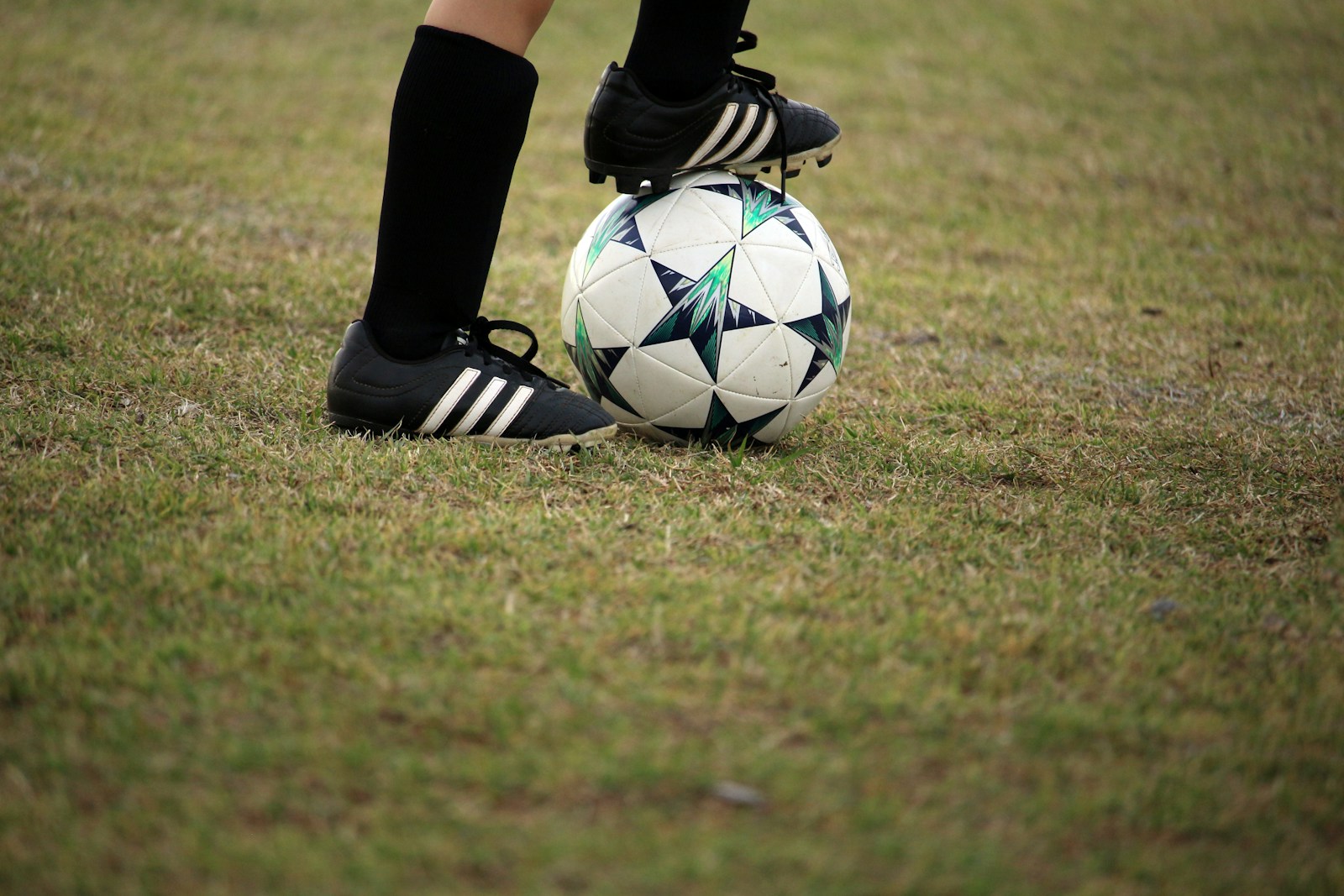In an increasingly aware world that values the diverse needs of its inhabitants, prioritizing inclusivity becomes crucial in all aspects of life. Autism, a neurodevelopmental disorder, presents a unique set of challenges for individuals and their families. One area where inclusivity can have a profound impact is in promoting tailored physical exercise and activities for individuals with autism. This blog post delves into the significance of physical activities in the lives of those with autism, highlighting how embracing inclusivity can enhance their overall health and well-being.
Understanding Autism
Autism Spectrum Disorder (ASD) is characterized by a range of challenges in social interaction, communication, and repetitive behaviors. Individuals with autism may have sensory sensitivities and find it challenging to navigate certain environments. While each person with autism is unique, a common thread is the need for understanding and accommodation.
The Benefits of Physical Activities: Physical activities play a crucial role in promoting overall health, and individuals with autism can benefit significantly from incorporating them into their routines. Regular exercise has been linked to improved mood, reduced anxiety, and enhanced cognitive function. For individuals with autism, these benefits are particularly relevant as they may face additional challenges related to sensory processing and communication.
Tailoring Physical Exercise And Activities to Individual Needs
The key to promoting physical activities for individuals with autism is customization. Recognizing and respecting each person’s unique needs is paramount. Tailoring activities to accommodate sensory sensitivities, communication preferences, and individual interests fosters a positive and inclusive environment.

- Sensory-Friendly Environments: Creating sensory-friendly environments is crucial for individuals with autism to feel comfortable engaging in physical activities. This includes considering factors such as lighting, noise levels, and textures. Outdoor activities like nature walks or swimming, where sensory stimuli can be controlled, are excellent options.
- Structured and Predictable Routines: Individuals with autism often thrive in structured and predictable routines. Implementing consistent physical activities into a daily or weekly routine helps create a sense of stability and familiarity. This can include activities like yoga, adaptive sports, or dance, providing both physical and emotional benefits.
- Inclusive Team Sports: While team sports may initially appear challenging for individuals with autism, it is important to note that many organizations have recognized this and now offer inclusive programs specifically designed to cater to their unique needs. These programs go beyond just providing a safe and supportive environment; they also focus on adapting the rules of the game, providing additional assistance and guidance, and fostering a deep understanding and acceptance among teammates. Engaging in team sports not only promotes physical activity but also plays a significant role in developing crucial social interaction skills, enhancing communication abilities, and instilling a sense of belonging and camaraderie within a community of like-minded individuals. By participating in these inclusive sports programs, individuals with autism can explore their capabilities, build self-confidence, and enjoy the numerous benefits of being a part of a team.
- Adaptive Fitness Programs: Adaptive fitness programs are thoughtfully designed to cater to individuals with diverse abilities, including those with autism. These specialized programs encompass a wide range of exercises that are customized to meet individual needs, with a strong emphasis on enhancing flexibility, building strength, and promoting cardiovascular health. Engaging with adaptive fitness trainers who possess a deep understanding of the unique challenges associated with autism can offer invaluable support and guidance on this remarkable journey towards overall wellness.
Conclusion
By providing support and resources to individuals with autism, we pave the way for them to thrive and lead fulfilling lives. Together, let’s create an inclusive environment where everyone can participate and flourish, regardless of their abilities.er, inclusive physical activities can have a positive impact on mental health, reducing anxiety, stress, and improving cognitive function. Creating a compassionate and understanding society means embracing inclusivity in all aspects of life, including physical activities.
Discover more from Life After An ABA Classroom
Subscribe to get the latest posts sent to your email.



